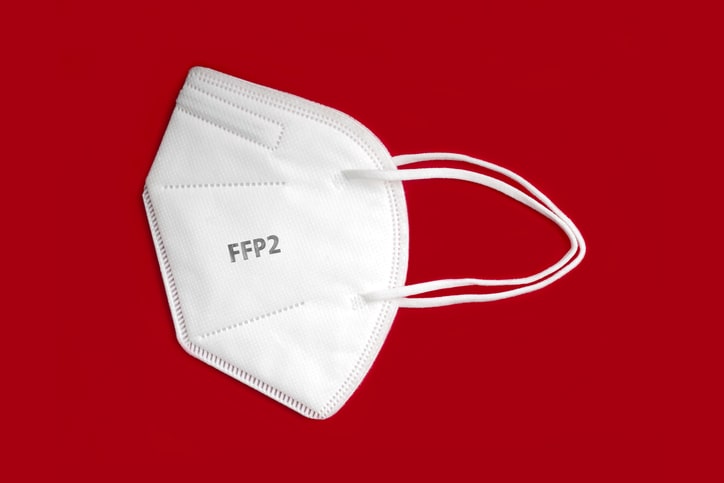
On March 20, 2025, Novartis announced that oral iptacopan (Fabhalta) was approved by the FDA to reduce proteinuria in adults with C3 glomerulopathy (C3G). This is the first approval for a C3G treatment.
Iptacopan is an alternative complement pathway inhibitor that selectively targets what is believed to be the underlying cause of C3G. The drug was previously approved to treat paroxysmal nocturnal hemoglobinuria and IgA nephropathy.
The approval for C3G is supported by results of the phase 3 APPEAR-C3G study. APPEAR-C3G comprised a 6-month randomized, double-blind treatment period with iptacopan versus placebo in addition to supportive care. This was followed by a 6-month open-label treatment period during which all participants received iptacopan.
Treatment with iptacopan led to a clinically meaningful reduction in proteinuria that was observed as early as 14 days and sustained at 12 months. During the open-label period, proteinuria reduction occurred in study participants who switched to iptacopan therapy.
“C3G is a debilitating disease often affecting young people, impacting many aspects of their physical and emotional health, and our previous treatment options came with significant challenges,” said Carla Nester, MD, an investigator on the study. “This approval of Fabhalta is historic for the entire C3G community as now, for the first time, we have a therapy that is believed to treat the underlying cause of the disease, providing the potential for a new standard of care for patients.”
With C3G, overactivation of the alternative complement pathway causes deposits of C3 protein to build up in the glomeruli, triggering inflammation and glomerular damage that leads to proteinuria, hematuria, and reduced kidney function.
The average age at diagnosis is 23 years, and approximately half of people with C3G progress to kidney failure within 10 years of diagnosis. Before the approval of iptacopan, therapies for C3G were limited to supportive care, immunosuppression, and symptom management.
Source: Press release







 © 2025 Mashup Media, LLC, a Formedics Property. All Rights Reserved.
© 2025 Mashup Media, LLC, a Formedics Property. All Rights Reserved.